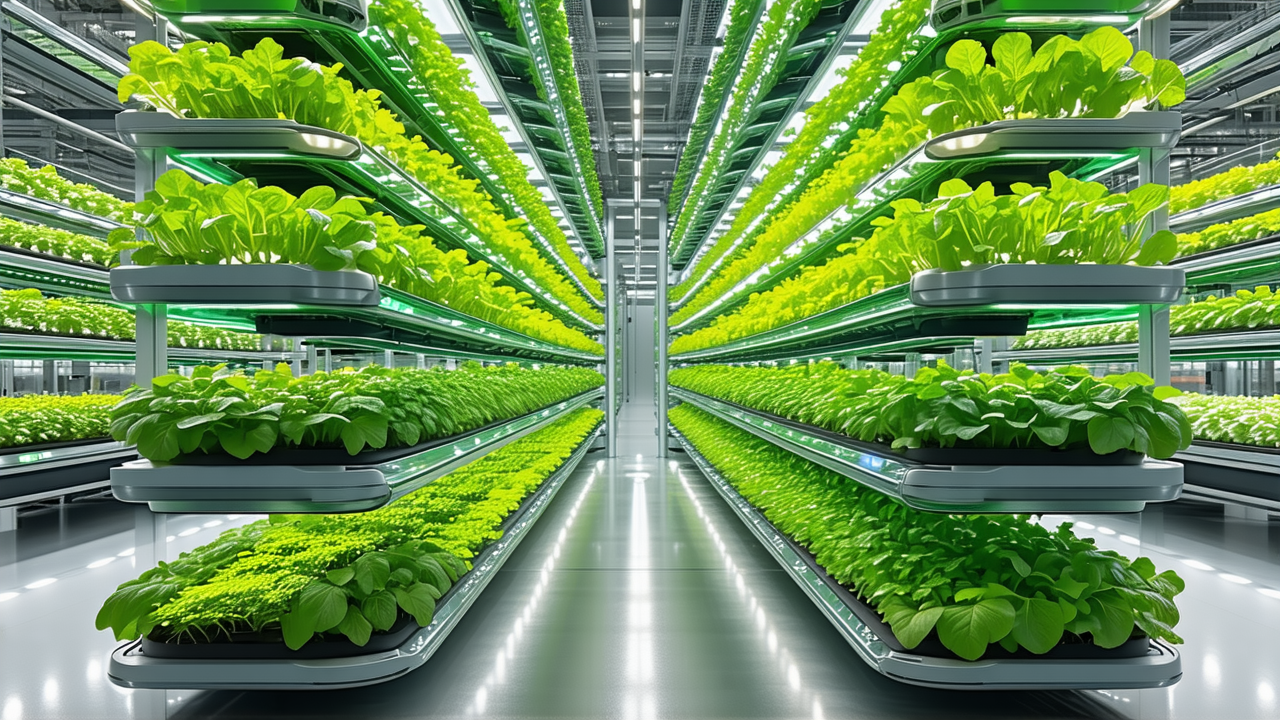Sustainable Food Innovator Seeks Inspiration from New Zealand
Sustainable Food Innovator Seeks Inspiration from New Zealand
In a world increasingly focused on sustainability and food security, a Singapore-based agribusiness is turning to New Zealand for inspiration. Ray Poh, founder of Artisan Green, is at the forefront of this movement, leveraging advanced technology to produce pesticide-free leafy greens in one of the world's most densely populated countries.
Artisan Green, established in 2018, is a high-tech, indoor farm that combines stacked growing systems, precision automation, and plant science to deliver pesticide-free leafy greens. Poh, who previously worked in the casino industry in Macau, returned to Singapore seeking a meaningful and sustainable challenge. His journey into vertical farming began with site visits and workshops in Japan and Australia, as well as volunteering at other farms.
Now, Artisan Green is Singapore's leading producer of baby spinach and other leafy greens and herbs. The company recently secured a new two-hectare site in Singapore's designated agriculture zone, marking a significant expansion from its original 300 square metre facility. The new facility will include a 5,500 sq m vertical farm, outdoor greenhouse space, and a 4,000 sq m post-harvest operation area.
This expansion is expected to increase production from one tonne per month to 30 tonnes initially, with a second phase aiming for 90 tonnes per month. Poh believes this will help Artisan Green make locally grown produce more competitive by lowering prices and reducing reliance on imports.
“Our aim is to price between overseas imports and imported organic produce,” Poh explains. “People support us even though we’re more expensive than imports because we’re local, and our customers – especially younger families – want to avoid exposing their children to pesticides.”
In partnership with Siemens, Artisan Green has digitized its crop recipes, encapsulating entire growing cycles into precise water, nutrient, lighting, and temperature profiles. This innovation allows consistent yields without the need for a large team of plant scientists. Poh likens the process to a McDonald’s franchise, where operators can run the business without needing to be chefs, as all the R&D is centralized.
During a recent visit to New Zealand as part of the Asia New Zealand Foundation’s ASEAN Young Business Leaders Initiative, Poh was struck by how New Zealand integrates science, industry, and government in its agribusiness sector. “Agriculture is in New Zealand’s blood,” he says. “It’s not just individual farmers doing their own thing; you can see how industry and government work together to advance the sector.”
Poh highlights the need for Singapore to develop its downstream operations, such as packhouses, marketing, and distribution networks. He also emphasizes the importance of science in producing high-value crops that can compete in the global market, even in challenging environments like Singapore’s tropical climate.
“A lot of people think AI or automation is going to revolutionise agriculture,” Poh says. “But you can’t eat software. So you need to know your basics in plant science first, then automate from there.”
As both nations look to the future, Poh sees a shared mission: to innovate and ensure food security through science and technology. “If the future of food is global, then the best ideas will likely grow in both places,” he concludes.
